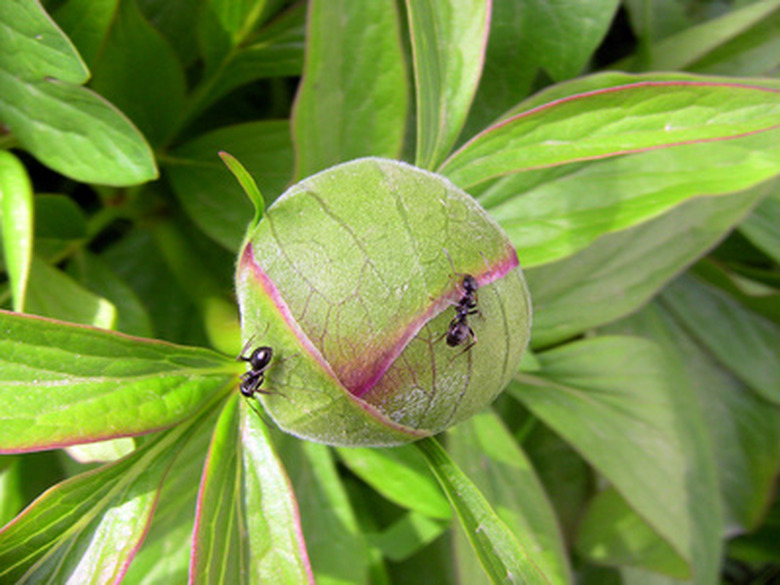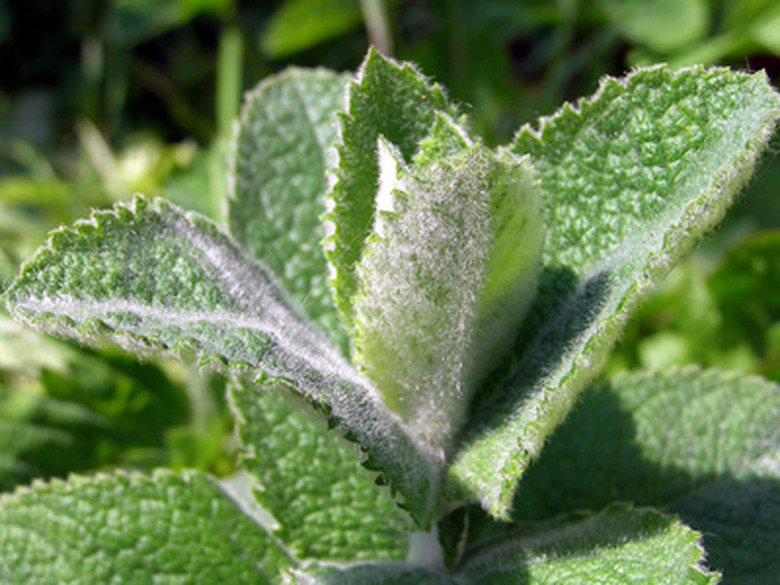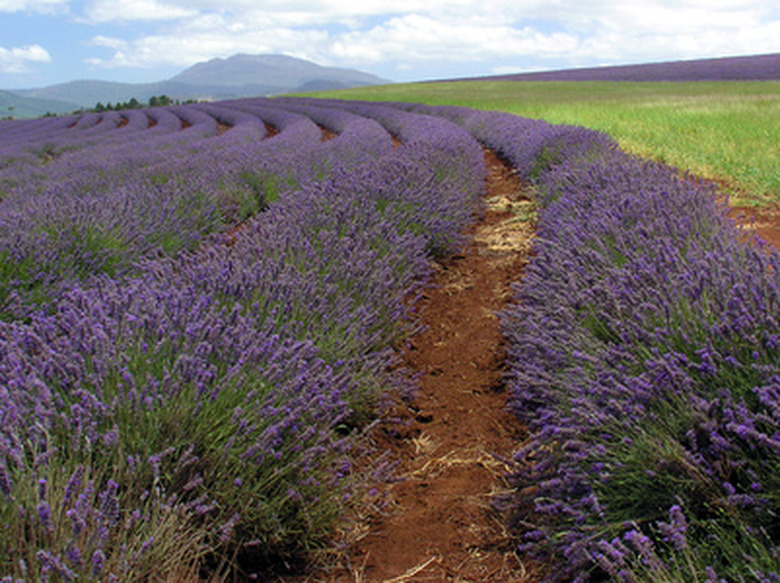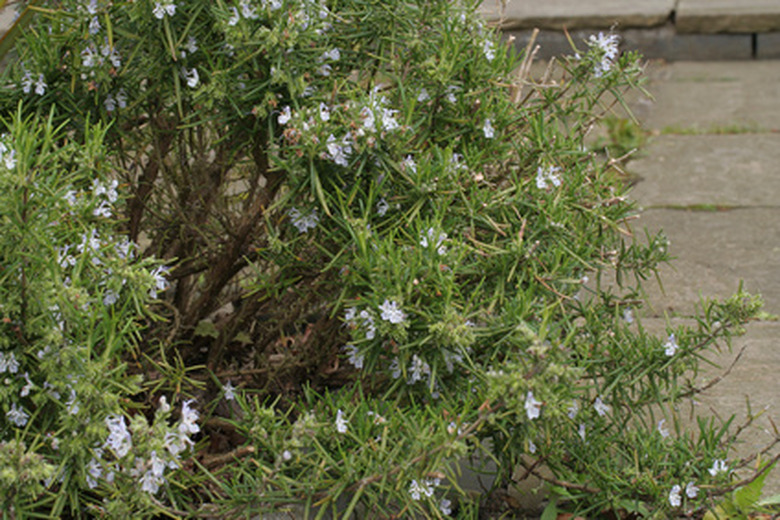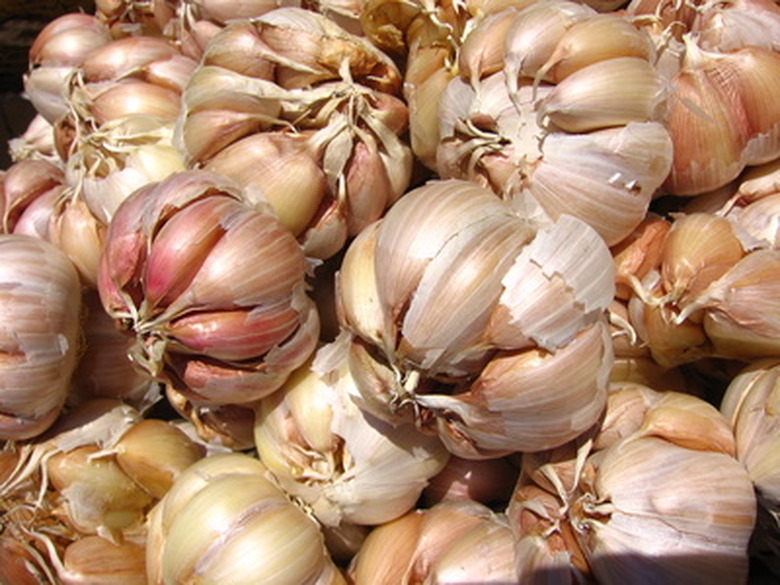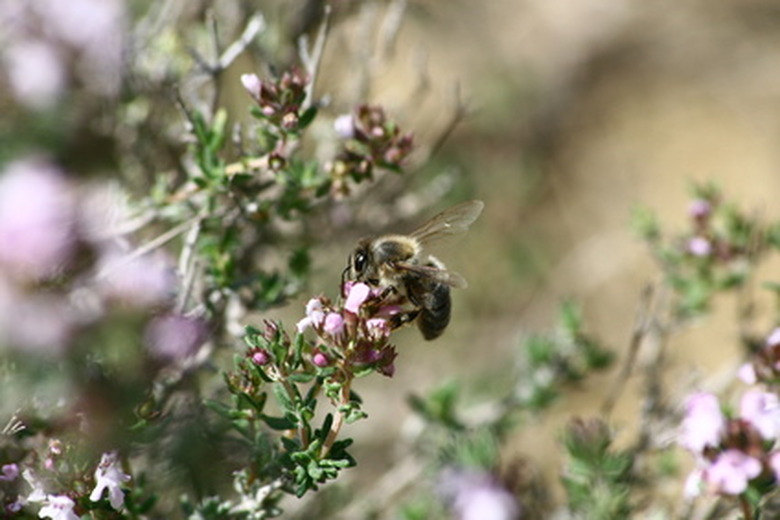Outdoor Plants That Repel Ants
Considering there are more than 12,000 ant species around the world, it is no wonder they can be a problem for gardeners and homeowners. Ants can wreak havoc on plants in no time, not to mention find their way into your home. One of the easiest and safest ways to control these pests is to grow ant-repellent plants around the outside of your home and in your garden. There are many plants that ants find distasteful and will try to avoid. Most of them are from the herb family.
Garden Mint
Garden Mint (Mentha spicata) has an overpowering aroma that ants tend to avoid. This ant-repellent plant can grow to be more than 18 inches tall and 12 inches wide, providing a wide range of ground cover due to its roots that reach out underneath the ground to enable new sprouts of the plant. Mint works as an excellent ground cover beneath windows and near doors to discourage ants, but it doesn't work as well in the garden, due to its ability to take over an entire area.
Lavender
Lavender (Lavandula angustifolia) is another outdoor plant that ants prefer to avoid. Very appealing to humans, Lavender is a no-go for ants and other garden pests due its strong-smelling oils. Lavender can grow to be about waist high. Since its dried purple-colored Lavender flowers are a primary ingredient in potpourris, the plant can serve double-duty as an ant deterrent when you dry cuttings and add to your indoor potpourri mixtures.
Rosemary
Rosemary (Rosmarinus officinalis) is a popular herb gardeners use to fight off insects, such as ants, and it can help deter the pests from your home when planted near the entrances of your homes and in flower and herb borders. Plant rosemary in pots scattered about porches and patios or in borders. Rosemary can grow up to 6 feet high in some warm climates and when not being used to scare away ants, can be used in many cooking dishes.
Garlic
Garlic (Allium sativum) is probably one of the most popular plants used for pest control by gardeners. A member of the onion family, some people believe it has the strongest smell of the herb family of plants and it is famous for scaring away many annoying visitors, including ants and "vampires." Plant garlic in flower borders near the kitchen doorway and not only will you have a wonderful ant repellent, but also a handy supply for cooking.
Thyme
Thyme (Thymus vulgaris) is a slow-growing, sun-loving herb that ants don't care much about. When planted along sidewalks, in cracks and flowerbeds, thyme will spread and continue to come back year after year. Thyme can reach a height of about 8 inches and has very small leaves and tiny purple or white flowers when in bloom. It is not as strong-smelling as some other ant-repellent herbs, but it does work well and is also good in salad dressings.
References
- "The Complete Book of Herbs;" Emma Callery: 1994
